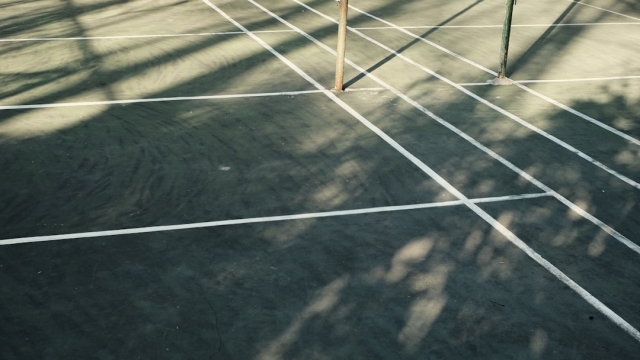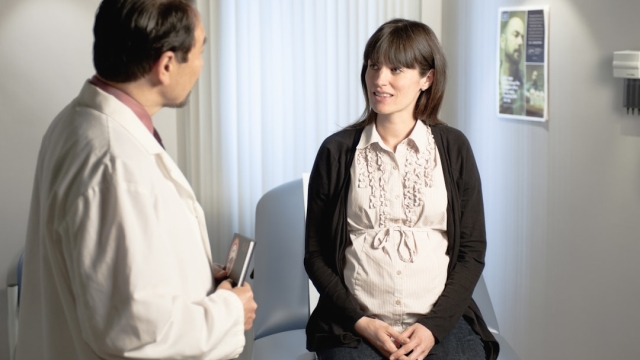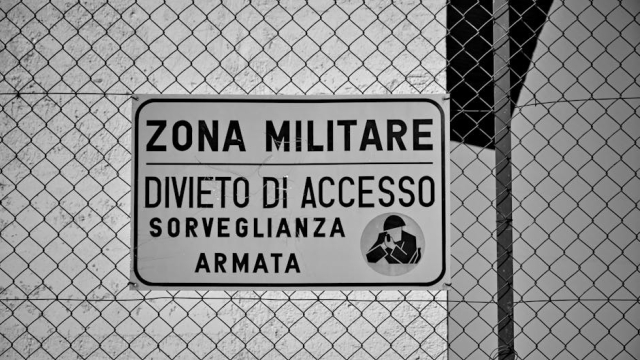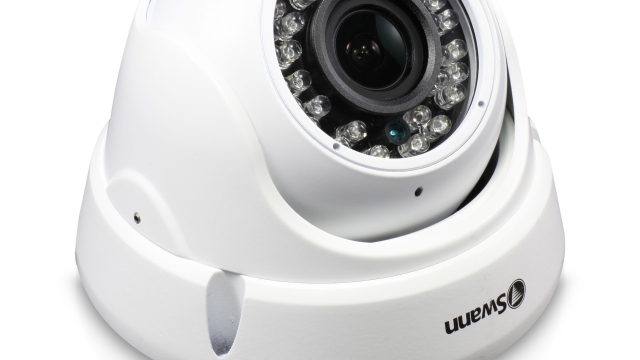
The Watchful Eyes: Unveiling the Power of Security Cameras
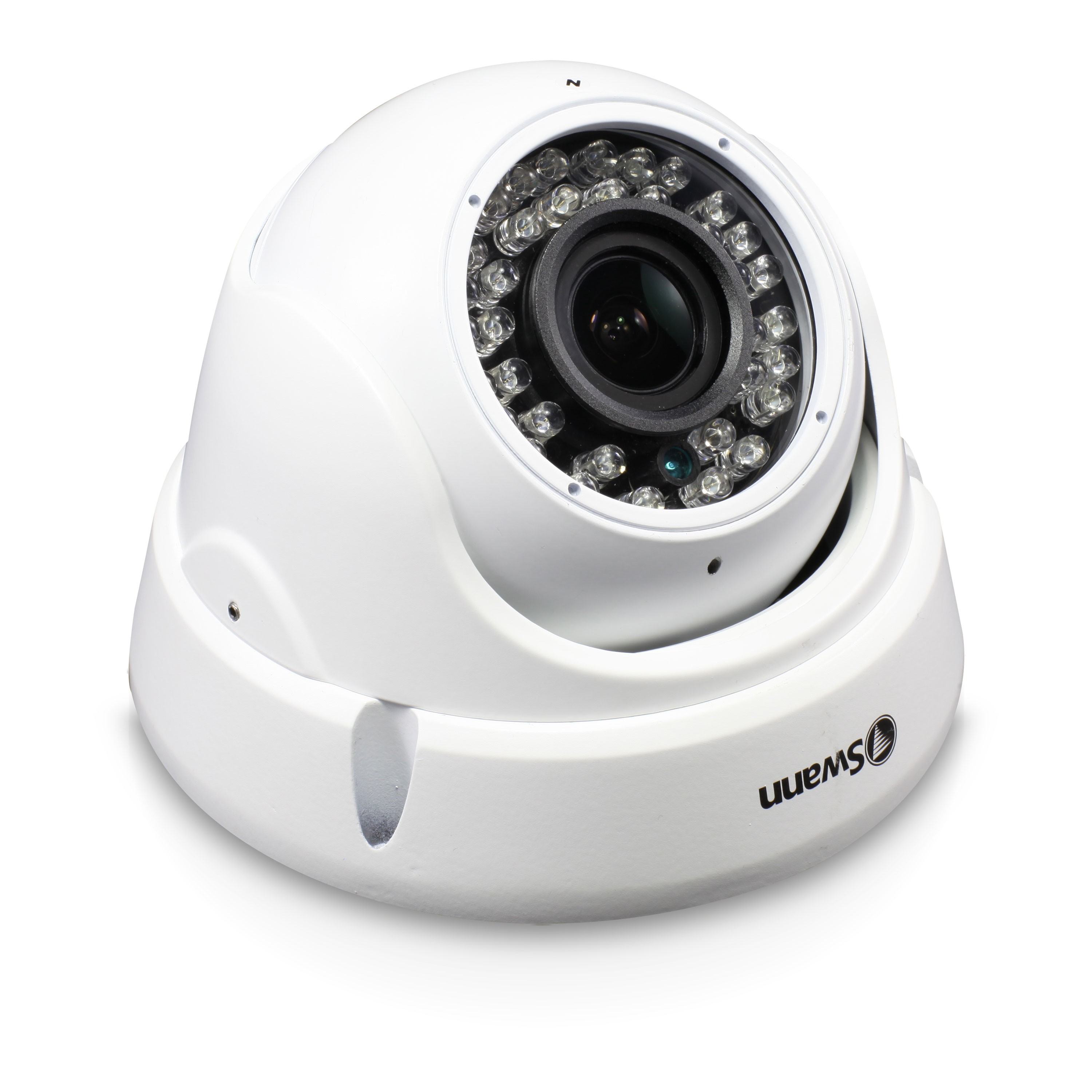
In today’s increasingly digital and interconnected world, security cameras have become an indispensable tool in ensuring the safety and protection of individuals and properties. These watchful eyes discreetly monitor our surroundings, providing a sense of security and peace of mind. With their ever-advancing technology and ability to capture every moment, security cameras have proven to be a valuable asset in both public and private spaces.
One of the primary benefits of security cameras is their ability to deter potential criminal activity. Their mere presence serves as a warning to would-be wrongdoers, deterring them from engaging in any illicit activities. The knowledge that their actions are being recorded significantly reduces the likelihood of theft, vandalism, or other unlawful acts. This is especially vital in high-risk areas such as banks, retail establishments, and residential communities, where the constant vigilance of security cameras helps maintain a safe environment for all.
Moreover, security cameras act as reliable witnesses in case an incident does occur. With their ability to capture detailed footage, they provide crucial evidence that can be used to identify perpetrators and assist in legal proceedings. Whether it’s a break-in, an act of violence, or a traffic accident, security cameras accurately document events, helping law enforcement agencies and justice systems in resolving cases efficiently and justly.
Through advancements in technology, security cameras now offer features like facial recognition, motion detection, and night vision, further enhancing their efficacy and reliability. These innovations allow for quick identification of individuals, even in challenging circumstances, such as low-light environments or crowded spaces. By equipping surveillance systems with these cutting-edge capabilities, we are better equipped to respond swiftly and appropriately to potential threats, ensuring the safety of our communities.
In conclusion, security cameras play a vital role in safeguarding our well-being and protecting our surroundings. Their presence acts as a deterrent, and their ability to capture important evidence aids in identifying and prosecuting criminals. With the continuous advancement of technology, these watchful eyes have become essential tools in our modern society. By embracing the power of security cameras, we can cultivate safer and more secure environments for everyone.
The Benefits of Security Cameras
Enhanced Safety and Crime Prevention
Security cameras offer enhanced safety and play a vital role in crime prevention. By constantly monitoring their surroundings, security cameras help deter criminal activities, making public spaces and private properties safer for everyone. With their watchful eyes, these cameras act as a deterrent, reducing the chances of vandalism, theft, and other unlawful behaviors.Monitoring and Surveillance
One of the primary benefits of security cameras is their ability to provide constant monitoring and surveillance. From homes to offices, these cameras ensure that activities within their range are being recorded and can be reviewed if needed. This allows for a proactive response in emergencies, as footage can help identify culprits, provide evidence, or assist with investigations.Remote Monitoring and Peace of Mind
In today’s technologically advanced world, security cameras often come equipped with remote monitoring capabilities. This means that you can access live feeds and recordings from cameras installed at various locations through your electronic devices, such as smartphones or laptops. This allows for real-time monitoring, regardless of your physical location, which can bring peace of mind when away from home or managing multiple properties.
Remember, "The Watchful Eyes: Unveiling the Power of Security Cameras" explores the benefits of security cameras, highlighting their role in safety, monitoring, and peace of mind. Stay tuned for the next section to learn more about the diverse applications of security cameras.
Types of Security Cameras
There are various types of security cameras available in the market today, each designed to serve different purposes and meet specific surveillance needs. Here, we will explore three commonly used types of security cameras.
Dome Cameras:
Dome cameras are a popular choice for both indoor and outdoor surveillance. Their discreet design and dome-shaped casing make them difficult to tamper with or identify the direction they are facing. These cameras provide a wide viewing angle and are equipped with features like pan, tilt, and zoom, allowing for flexible monitoring of large areas.Bullet Cameras:
Bullet cameras are typically used for outdoor surveillance and are easy to mount on walls or ceilings. Their sleek and cylindrical shape, resembling a bullet, often acts as a visual deterrent for potential intruders. Bullet cameras are known for their long-range and high-resolution capabilities, making them ideal for monitoring large outdoor areas.PTZ Cameras:
PTZ (Pan-Tilt-Zoom) cameras offer the most flexibility in terms of surveillance. These cameras can pan horizontally, tilt vertically, and zoom in or out to capture detailed footage. PTZ cameras are often used in large-scale security systems where active monitoring is required. They are commonly found in places such as airports, stadiums, and city surveillance systems.
Visit Website
By understanding the different types of security cameras available, you can choose the most suitable one for your specific security needs. Whether it’s monitoring a small office space or securing a large outdoor area, the right security camera system can play a vital role in safeguarding your environment.
Considerations When Using Security Cameras
1.Privacy Concerns: One of the primary considerations when using security cameras is the issue of privacy. While security cameras play a crucial role in safeguarding property and deterring crime, it is important to strike a balance between surveillance and the privacy rights of individuals. Careful placement and clear signage can help ensure that people are aware they are being monitored, allowing them to make informed decisions about their privacy.
2.Maintenance and Upkeep: Another vital aspect to consider is the maintenance and upkeep of security cameras. Regular maintenance is essential to ensure that cameras are functioning optimally and capturing clear footage. This includes tasks such as cleaning lenses, adjusting angles, and replacing any damaged parts. Additionally, the storage and management of the recorded footage should be considered, as it may be necessary to store data for extended periods of time.
3.False Sense of Security: It is crucial to understand that security cameras, while immensely valuable, should not be solely relied upon for complete security. They serve as a deterrent and a means of capturing evidence, but they cannot prevent every possible security threat. Combining security cameras with other security measures such as proper lighting, alarms, and access control can enhance overall security effectiveness.
Remember, having a comprehensive understanding of these considerations is essential to ensure the successful implementation and utilization of security cameras for the protection of people and property.
